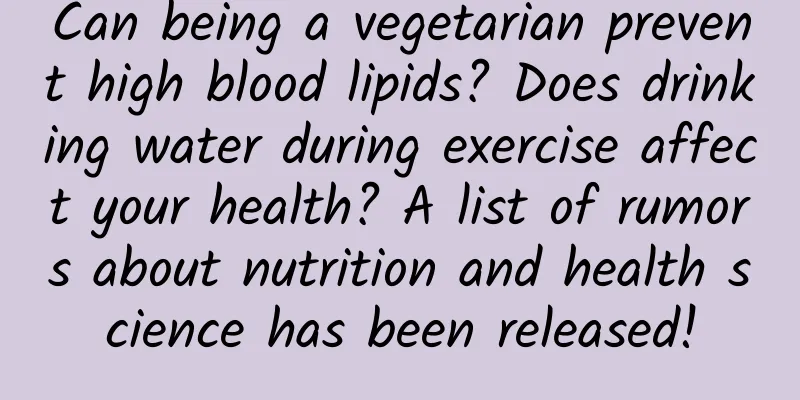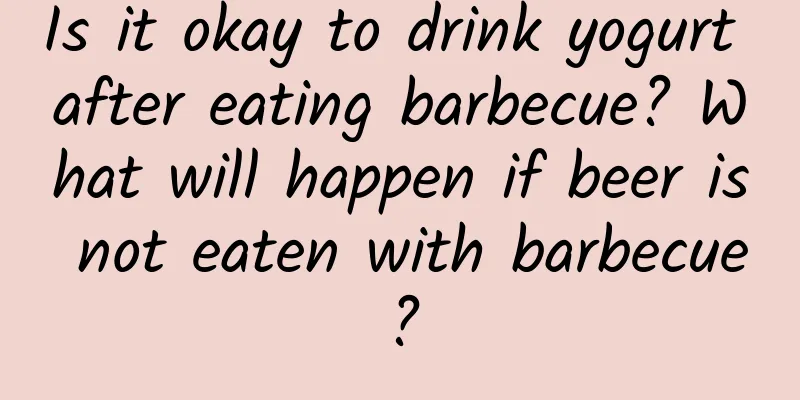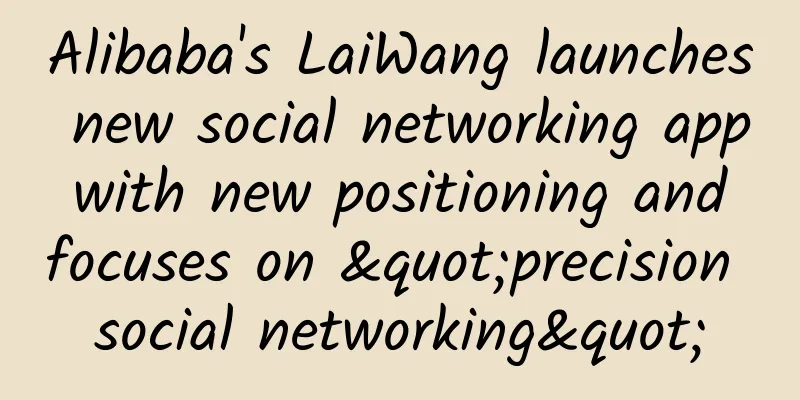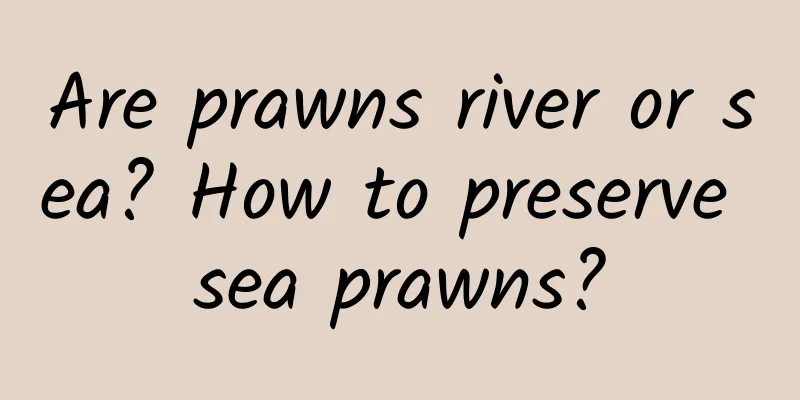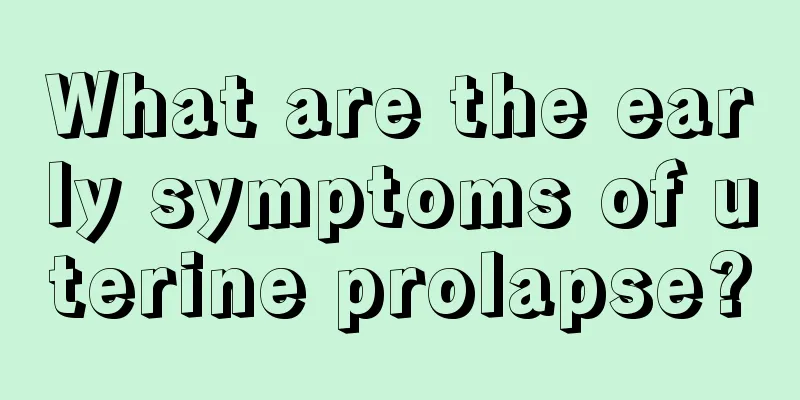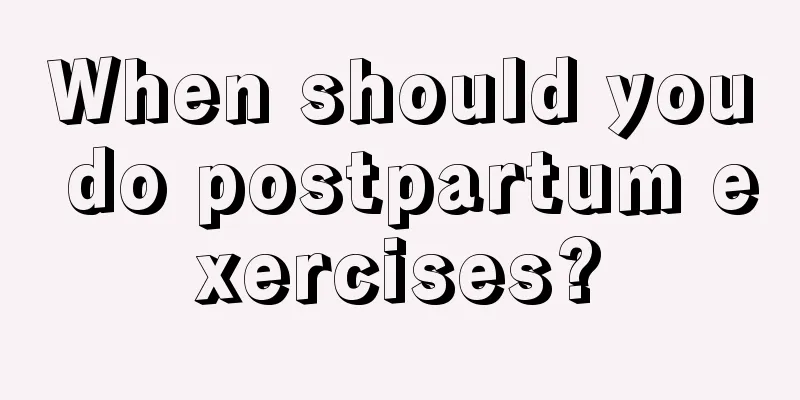Can we really eat unlimited amounts of sugar-substitute foods?

|
Author: Zhang Yu, researcher at Chinese Center for Disease Control and Prevention, master's supervisor Reviewer: Fu Rui, Chief Physician, Beijing Century Altar Hospital, Capital Medical University Sugar not only satisfies people's energy needs, but also activates the pleasure and reward system in the brain, bringing physical and mental pleasure to people. However, too much sugar can also lead to problems such as obesity and diabetes. Sugar substitutes that are sweet and will not make you fat have become the new favorite of many people. What exactly are sugar substitutes? Is there really no health risk in eating sugar substitutes? Figure 1 Copyright image, no permission to reprint I believe that everyone has heard of sugar substitutes, but they are not very well understood. It is a food additive, as the name suggests, it replaces sugar and is used to add sweetness to food, but the calories are very low, and some have no calories at all. There are many types of sugar substitutes, such as xylitol, sorbitol, aspartame, cyclamate, etc., and the recently popular online celebrity sugar substitute "erythritol". Many foods and beverages on the market have added sugar substitutes. Such foods are not only low in calories, but can also be consumed in moderation by people with unstable blood sugar levels. Does that mean that we can eat sugar substitutes as much as we want? Of course not. On the one hand, sugar-free foods and beverages may also contain calories, and eating too much may also pose health risks. Sugar substitutes only replace sugar used to produce sweetness, and other ingredients in food may still contain calories. Take sugar-free mooncakes as an example. Although the sweetness comes from sugar substitutes, the mooncake skin is made of flour. After starch is digested and absorbed, it will still be converted into glucose to affect blood sugar. In addition, the fat content in mooncakes is still very high, and fat contains much more heat energy than carbohydrates. Some sugar-free beverages, although labeled as "sugar-free" or "0 energy", may also contain calories. According to my country's "General Principles for Nutrition Labeling of Pre-packaged Foods", when the energy in 100 ml of beverage is less than 17 kilojoules, it can be labeled as "0 energy". In other words, although a beverage is labeled "0 energy", it only means that the energy content is very low, and it does not necessarily mean that there is really no energy. Take a 300 ml bottle of beverage as an example, the calories it contains may reach 50 calories. Although the calories in a single bottle are not that high, if you drink several bottles a day, such calories are also not small. Figure 2 Copyright image, no permission to reprint Therefore, the safest way is to first look at the nutritional information table on the outer packaging to see the calories per 100 grams, and then decide whether to eat it and how much you can eat. On the other hand, sugar substitutes themselves may also pose health risks. 1. Sweeteners increase appetite and the desire for sweets. A study on the relationship between food intake rewards, expected food intake and obesity found that when your tongue senses the sweetness brought by sweeteners, it will make your body feel that you have eaten sugary food, and the stress stimulus will secrete insulin [1]. However, in fact, there is no sugar at all, and insulin will lower our blood sugar, making us feel very hungry. This hunger will force you to have a great interest in sugary foods or snacks, and it is easy to indulge yourself in excessive food intake and cause excessive calories. This is why many friends have a great appetite after drinking sugar-free drinks. 2. Sweeteners may interfere with the normal metabolism of energy in the body. In recent years, research on intestinal microorganisms has become increasingly popular, and has even been called the "second genome" of the human body. Foreign animal experiments have found that intestinal microorganisms are involved in many metabolic pathways in our body, such as nutrition and immunity. More and more evidence shows that sweeteners may affect the intestinal flora, thereby interfering with energy metabolism and increasing the risk of metabolic syndrome [2]. 3. Sweeteners also have the risk of addiction. Caffeine and carbonation in beverages can be addictive, but what is less well known is that sweeteners can also be addictive, which has been verified in animal experiments [3]. 4. Aspartame is a commonly used sweetener, and its safety also needs to be paid attention to. Since aspartame will be converted into phenylalanine in the body, patients with phenylketonuria should avoid drinking beverages containing aspartame to avoid aggravating the condition. 5. Erythritol, another common sugar substitute, may increase the risk of cardiovascular and cerebrovascular diseases. Studies have found that long-term intake of erythritol may accelerate the formation of blood clots, thereby increasing the risk of cardiovascular and cerebrovascular diseases such as myocardial infarction and stroke [4]. Although this view needs further confirmation, people with a family history of cardiovascular and cerebrovascular diseases still need to remain vigilant. References: [1] STICE E, SPOOR S, BOHON C, et al. Relation of reward from food intake and anticipated food intake to obesity: A functional magnetic resonance imaging study[J]. J Abnorm Psychol, 2008,117(4):924-935. [2] PALMNAS MS, COWAN TE, BOMHOF MR, et al. Low-dose aspartame consumption differentially affects gut microbiota-host metabolic interactions in the diet-induced obese rat[J]. PLoS One, 2014,9(10):e109841. [3] TAN HE, SISTI AC, JIN H, et al. The gut-brain axis mediates sugar preference[J]. Nature, 2020,580(7804):511-516. [4] WITKOWSKI M, NEMET I, ALAMRI H, et al. The artificial sweetener erythritol and cardiovascular event risk[J]. Nat Med, 2023,29(3):710-718. |
>>: How much do you know about hypertensive cerebral hemorrhage?
Recommend
Eating too much of this kind of meat can lead to cardiovascular disease and diabetes! Check whether you are eating it right?
Nowadays, cardiovascular disease can be regarded ...
Can you get Toxoplasma gondii by eating cat feces? Who made up such a disgusting rumor?
If you have a cat, you have probably heard of Tox...
Treatment of albinism in pregnant women
We may have seen many people suffering from albin...
Can I travel after a month of medical abortion?
Generally speaking, after a medical abortion, the...
How can women promote blood circulation and remove blood stasis?
When women experience irregular menstruation, abo...
Attention! This eating habit will harm you and your family. If you continue to eat like this, be careful of cancer!
April 15 to April 21 is the 29th National Cancer ...
Who is at greater risk of anesthesia during surgery?
Wang Jin, Gao Xinyue, Department of Anesthesiolog...
Five female privacy diseases that can be cured by eating lotus root
Lotus root is one of the nourishing foods in wint...
Women with ectopic pregnancy do not have menstruation
The occurrence of ectopic pregnancy will also cau...
What to do if you have pubic pain after giving birth
Pregnant women are in good health, and the fetus ...
40 million people have died from AIDS in 40 years. Can hematopoietic stem cell transplantation cure AIDS?
Introduction: December 1 is the annual AIDS Day. ...
A good medicine for clearing away heat and detoxification: the medicinal value and daily application of honeysuckle
In this fast-paced era, people often get angry ea...
What is the cause of vaginal discharge?
Discharge from the vagina may be a condition that...
315 Exposure: Burger King uses expired ingredients, sea cucumber soaked in dichlorvos. Would you still eat it?
Because of the epidemic, this year's CCTV 315...
My period came 9 days earlier
There are many types of menstrual disorders, some...


